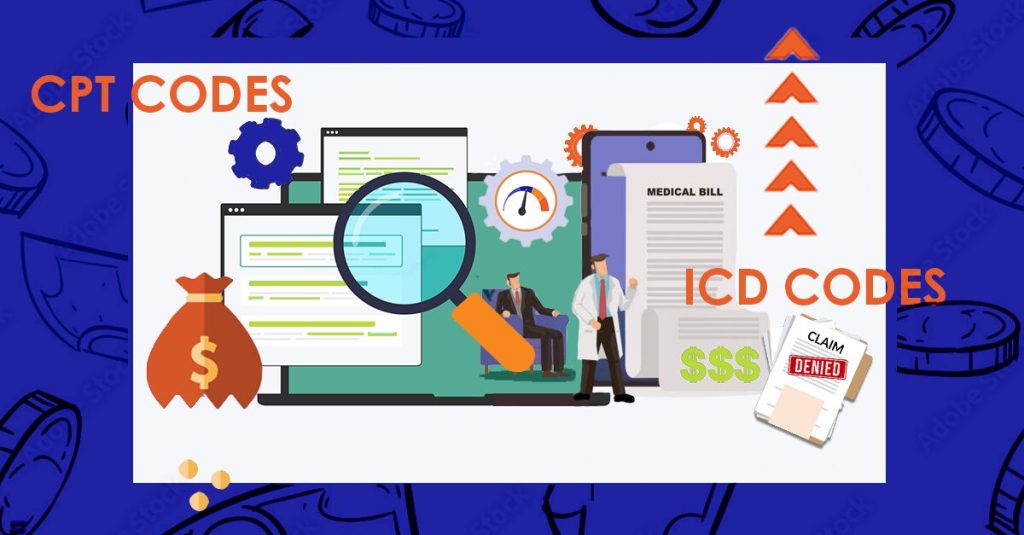NextGen and Denied Claims: How Coding Errors Cause Revenue Loss and What to Do About It
The Hidden Cost of Claim Denials in Small Healthcare Providers and Practices
For high-performing ambulatory practices using NextGen, claim denials aren’t just a nuisance—they’re a significant operational and financial challenge. These organizations may not be large hospital systems, but they often generate comparable revenue and manage complex billing environments across multiple specialties or locations.
Unlike smaller clinics, most NextGen practices have dedicated smaller billing teams. But even with experienced staff in place, the volume and complexity of denials—especially those caused by coding or documentation errors—can overwhelm internal resources. The result? Delays, rework, and revenue leakage that adds up fast.
In today’s healthcare landscape, where reimbursement models are shifting and administrative demands are rising, even well-resourced practices are under pressure to do more with less. And many denials stem from a surprisingly preventable source: technical coding errors that quietly chip away at revenue without immediate visibility.
Coding Errors: The Silent Revenue Killer
Technical coding errors are among the most common—and costly—issues in revenue cycle management. These include:
- Missing modifiers
- Mismatched diagnosis codes
- Outdated references
While each error may only represent a few hundred dollars, the cumulative impact across hundreds of claims can quickly escalate into tens or even hundreds of thousands of dollars in lost revenue. Unfortunately, many of these claims go uncorrected and are never resubmitted—not due to negligence, but because small healthcare providers and practices often lack the resources, time, or staff capacity to address them effectively.
These errors are not just administrative hiccups—they are silent revenue killers that can destabilize a practice’s cash flow and hinder growth. Left unchecked, they can lead to long-term financial strain and reduced operational efficiency.
How AI Changes the Game
AI integrated within the NextGen platform doesn’t replace your team—it enhances their capabilities and efficiency:
- Automated Error Detection
AI scans denied claims for technical coding mismatches, instantly flagging issues that could lead to revenue loss. - Real-Time Correction Guidance
Within the NextGen workflow, AI provides actionable suggestions to correct errors, enabling staff to resolve and resubmit claims quickly and accurately.
By leveraging AI, practices can reduce manual review time, improve claim accuracy, and increase first-pass resolution rates. This not only boosts recovered revenue but also improves staff productivity and morale.
The result? Faster recovery of denied claims, fewer missed revenue opportunities, and a more streamlined denied claim recovery process that supports both financial and operational health.
Easing the Burden for Small Practices
AI delivers immediate, tangible benefits for small practices struggling with limited administrative capacity:
- Staff Relief
By automating error detection and correction, AI allows staff to focus more on patient care and less on paperwork. - Cash Flow Stability
Recovering denied claims more efficiently leads to faster recovery of what is owed and a more predictable income stream. - Scalability
Practices can grow without needing to hire additional back-office staff, making expansion more sustainable and cost-effective.
In addition, AI tools can help small healthcare providers and practices stay ahead of industry changes by continuously learning from claim outcomes and adapting to evolving coding standards. This proactive approach reduces denials left on the table and strengthens long-term financial performance.
Looking Ahead: AI as the New Standard in Denied Claim Recovery
As claim complexity increases and denial rates continue to rise, AI-driven recovery of denied claims is becoming essential—not optional. Small healthcare providers and practices using NextGen have a unique advantage: by adopting AI-powered denial recovery now, they can protect current revenue and build resilience for future challenges.
The integration of AI into NextGen RCM workflows is not just a trend—it’s a strategic move toward smarter, more sustainable practice management. Practices that embrace this technology today will be better positioned to thrive in tomorrow’s healthcare environment.
Ready to explore how AI can help you recover denied claims due to technical coding errors today? Learn more about Ailevate Revenue Recovery.
